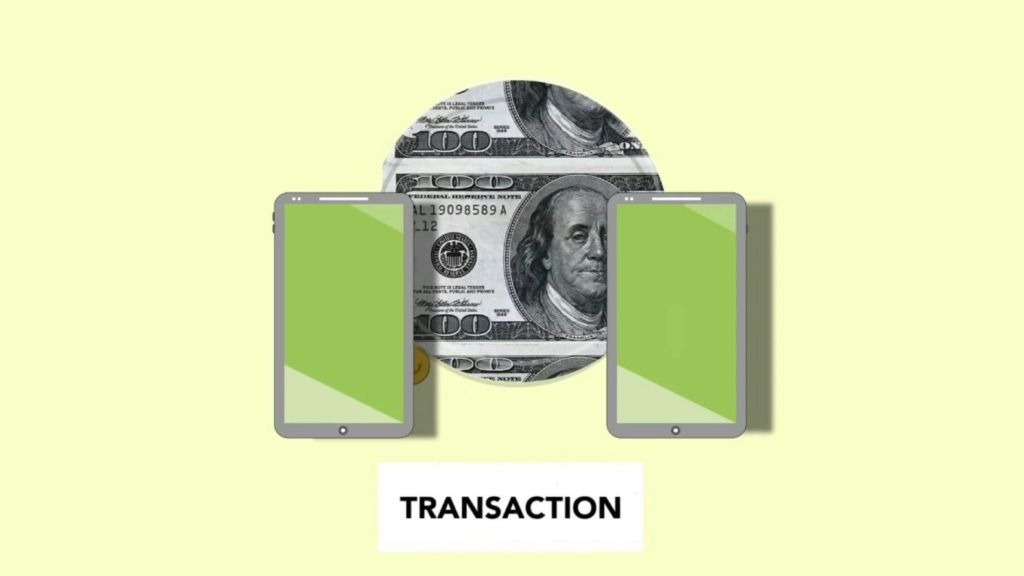Navigating the labyrinth of financial laws can be daunting for any business owner. One question that often surfaces is, “Is it legal to transfer money from business to personal account?” It’s a complex issue, with legal ramifications that can vary based on several factors.
This article aims to shed light on this topic, providing a comprehensive guide to help you understand the legal implications of transferring money from a business to a personal account. It’s essential to be well-informed, as a misstep could lead to severe penalties.
So, whether you’re a seasoned entrepreneur or just starting out, this piece offers valuable insights to help you make informed financial decisions. Stay tuned as we delve into the intricacies of business-to-personal money transfers.
Is It Legal to Transfer Money from Business Account to Personal Account?

Transferring money from a business account to a personal account isn’t inherently illegal, but it does come with significant implications. Tax authorities, for instance, seem wary of such transactions, often flagged for triggering possible tax evasion. Moreover, it complicates accounting records, making it challenging to distinguish personal expenses from business operations.
An instance, when it’s acceptable, involves a sole proprietor. Given the absence of legal distinctions between the business and the owner in such cases, moving funds doesn’t attract legal repercussions.
However, for corporations and Limited Liability Companies (LLCs), the process becomes more complex. Funds drawn out from the business could be viewed as salaries, dividends or loan repayments, all taxed differently. Auditors under such contexts typically scrutinize these transactions, especially during routine audits.
In cases involving misuse of company funds for personal benefit, laws categorize such actions as ‘Piercing the Corporate Veil,’ resulting in hefty penalties. Maintain stringent records of business transactions to evade such complications.
Legality of Transfers from Business to Personal Accounts

Examining the legality of transfers from business to personal accounts, it’s elemental to note that these transactions aren’t innately unlawful. However, complicating tax conditions exist when making such transfers. As a business owner, drawing funds from the enterprise for personal usage can trigger stern examinations from the tax authorities, raising suspicions of potential ill acts like tax evasion.
Primarily, there’s a disparity in the legality based on the business’s structure. Sole proprietors might face fewer legal consequences than corporations or Limited Liability Companies (LLCs). The principal concern for such entities lies in the misuse of company funds for personal benefits. Any undesired movement of such funds can activate the ‘Piercing the Corporate Veil’ law, which, consequently, results in severe penalties.
Tax Implications of Transferring Money
Business owners, particularly ones pondering over “is it legal to transfer money from business account to personal account,” need to tread carefully due to tax implications. Transfers from a business to a personal account may be deemed as income by tax authorities, thereby, increasing one’s taxable income. In such cases, an Individual is liable to pay personal income tax on these amounts. For corporations, these transactions can lead to dividend tax if they’re deemed distributions rather than payroll compensation. Taking into account these tax implications, maintaining rigorous records of every transfer becomes paramount. This evidence provides a bulwark against unforeseen tax burdens and ensures financial transparency. Consulting a tax advisor offers the best course to navigate these complex transactions without violating tax laws.
Best Practices for Money Transfers

Navigating the transfer of money from a business account to a personal account, anyone must adhere to best practices. Firstly, meticulous record-keeping plays a vital role. Record all instances of transfers with specific details like date, amount, and purpose. Red flags arise without proper documentation for tax authorities. Secondly, retain professional advice that aids in avoiding tax complications, considering tax advisers’ inputs can significantly reduce the risk of non-compliance with tax laws. Thirdly, segregate business and personal finances wherever possible. Minimize the instances of funds transfer between a business and a personal account because frequent transference may give rise to potential tax and legal issues. Lastly, implement a compensation plan if the business owner makes frequent withdrawals from the business account, thereby qualifying the transfers as payroll, which helps elude dividend taxes.
Preventing Tax and Legal Complications
Transferring money from a business to a personal account isn’t illegal but it’s fraught with potential tax and legal complications. Careful record-keeping is crucial to avoid issues and professional advice is beneficial when navigating these transactions. Keeping business and personal finances separate minimizes possible problems. For business owners making frequent withdrawals, a compensation plan can help classify transfers as payroll, steering clear of dividend taxes. Following these best practices helps prevent unintentional illegal activities and severe ‘Piercing the Corporate Veil’ penalties. So, while it’s possible to make these transfers legally, it requires a thoughtful and informed approach.

